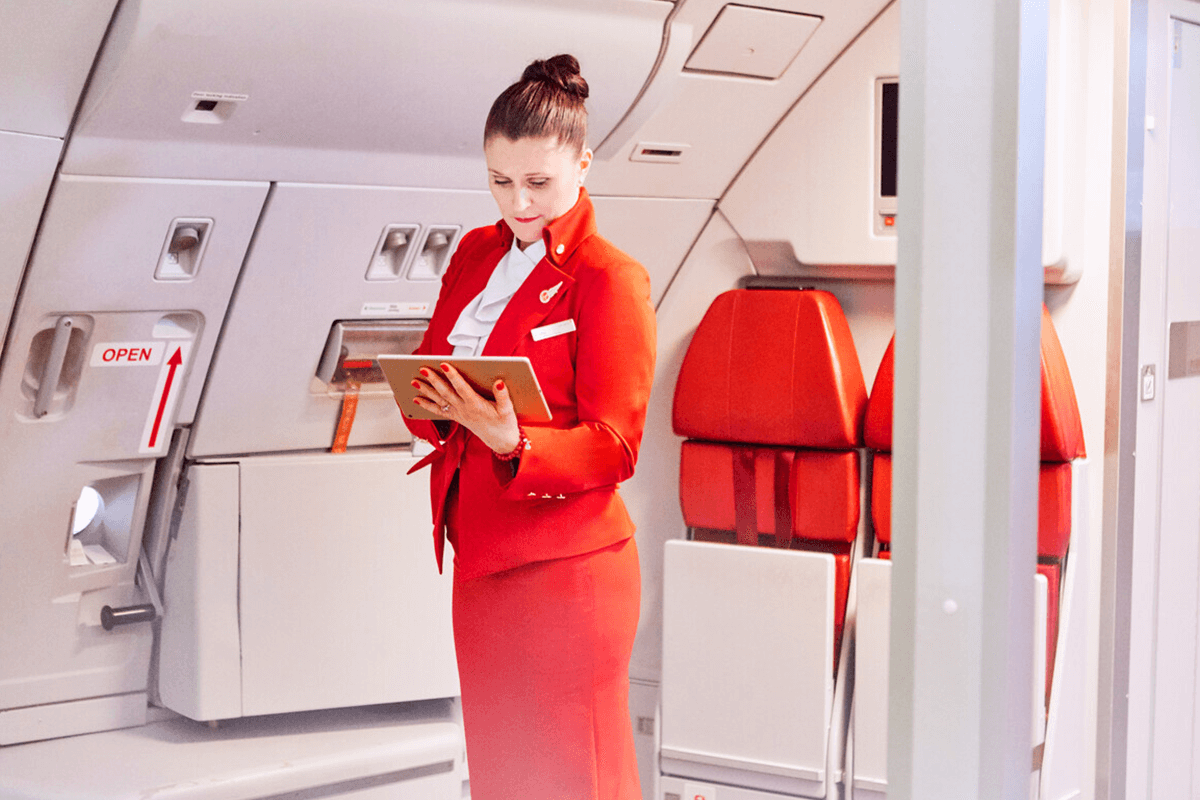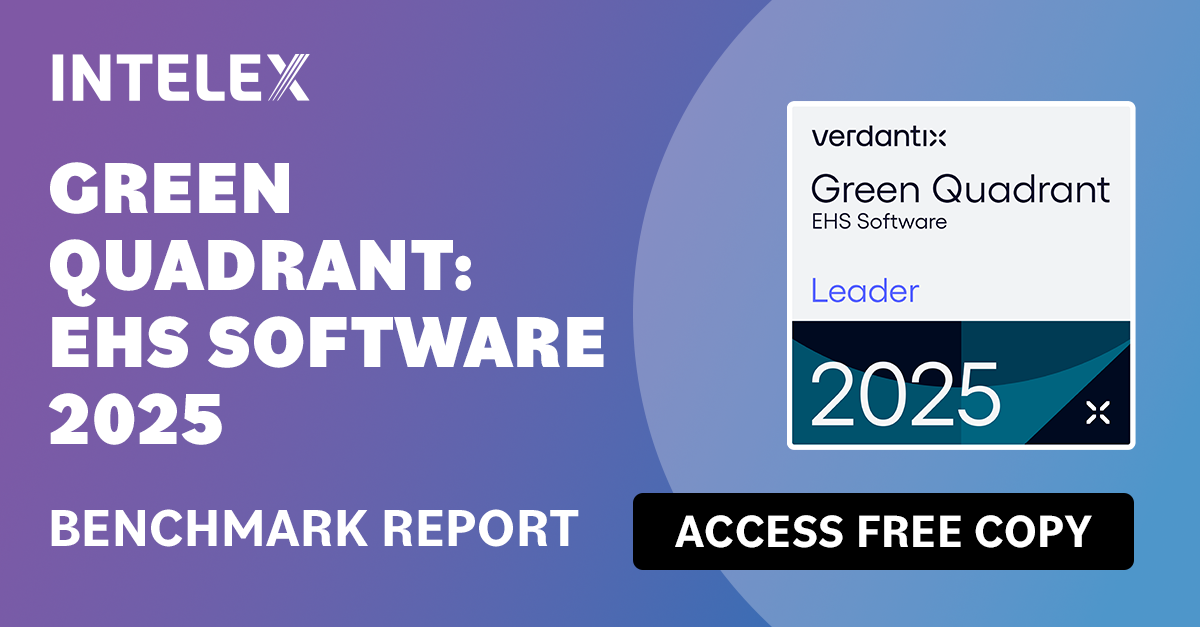
How Virgin Atlantic Achieved 70% Mobile Safety Adoption and Cultural Transformation
When Virgin Atlantic first started flying in 1984, the airline industry was ripe for change. Traditional air travel was expensive and lacked excitement, but Virgin Atlantic, led by founder Richard Branson, redefined the experience with luxury, fun, and user-friendly services. The airline quickly gained a reputation as the go-to choice for adventurous travelers.
Over the years, Virgin Atlantic evolved from an industry disruptor to a leader in safety, sustainability, and customer experience. The airline continues to push the boundaries of aviation innovation while maintaining an unwavering commitment to the well-being of its employees and passengers.

Impact
- 70% user adoption of Intelex Mobile, surpassing the initial 50% target.
- 62% engagement rate achieved within the first year.
- Increase in near-miss reporting, leading to enhanced risk prevention.
- Improved managerial involvement, with workflows notifying line managers of safety incidents.
- Automated data analysis, allowing for better trend identification and proactive safety management.
- Additionally, Intelex was integrated with Virgin Atlantic’s core databases, enabling automated updates for employee and flight information, reducing manual workload, and improving efficiency.
Outcome
Intelex has helped Virgin Atlantic establish a more robust, scalable, and user-friendly safety management system. The improvements in visibility, compliance, and data accessibility allow the airline to stay ahead of evolving safety requirements while fostering a culture of proactive risk management.
Intelex Applications
The Challenge for Virgin Atlantic Airways
Virgin Atlantic faced significant challenges in maintaining a scalable and efficient safety management system. While the airline had been using Intelex for several years, its custom-built forms were no longer meeting its internal and external reporting needs. The complexity of the existing system made adoption difficult, limiting visibility into key safety data.
Virgin Atlantic required a smarter, more user-friendly solution that would:
- Improve user adoption rates across teams.
- Standardize reporting processes for compliance with regulatory bodies.
- Increase business-wide awareness of safety initiatives without adding administrative burden.
“We were able to leverage the flexibility of the Intelex system and have a ‘single source of truth’ that fits many needs. It provides us with off-the-shelf functionality as well as customization capabilities that meet our specific needs within the aviation industry.”
Danny Miller, Specialist – Safety Systems Development, Virgin Atlantic
“One of the big things we’ve noticed is that people are reporting near misses, which is something we’ve never had before. Our health and safety investigators have been able to use that information to do a better and more efficient job of making sure we don’t have injuries because of those.”
Danny Miller, Specialist – Safety Systems Development, Virgin Atlantic
“We’ve used our new configuration to focus on multiple areas such as near miss events. We’re concentrating on increasing the reporting of these via education (about what constitutes a near miss) – and failure to follow procedures. We’re concentrating on reducing the amount of these types of events with specific dashboards/post holder involvement and education pieces for employees. Incident Management allows us to do this, where we weren’t able to so before.”
Danny Miller, Specialist – Safety Systems Development, Virgin Atlantic
How Intelex Helped Virgin Atlantic
Virgin Atlantic reviewed the regulations it was mandated to meet, such as data sharing with IATA, Mandatory Occurrence Reporting with the UK CAA, and RIDDOR reporting with the UK Health & Safety Executive. The airline used Intelex’s EHS Incident Management Application to standardize its processes across three initial forms, utilizing regulatory standard taxonomy to make data sharing easier and more concise.
Miller highlighted the flexibility of the Intelex system, which provided a "single source of truth" that met many needs. The system's off-the-shelf functionality and customization capabilities were crucial for the aviation industry. For example, Virgin Atlantic created an 'Aircraft Damage' report with built-in business rule thresholds to automatically close low-priority reports and tag higher priority reports for detailed review.
 1 877 932 3747
1 877 932 3747




